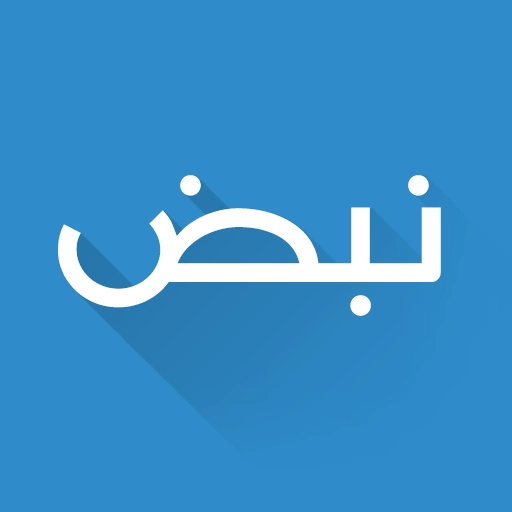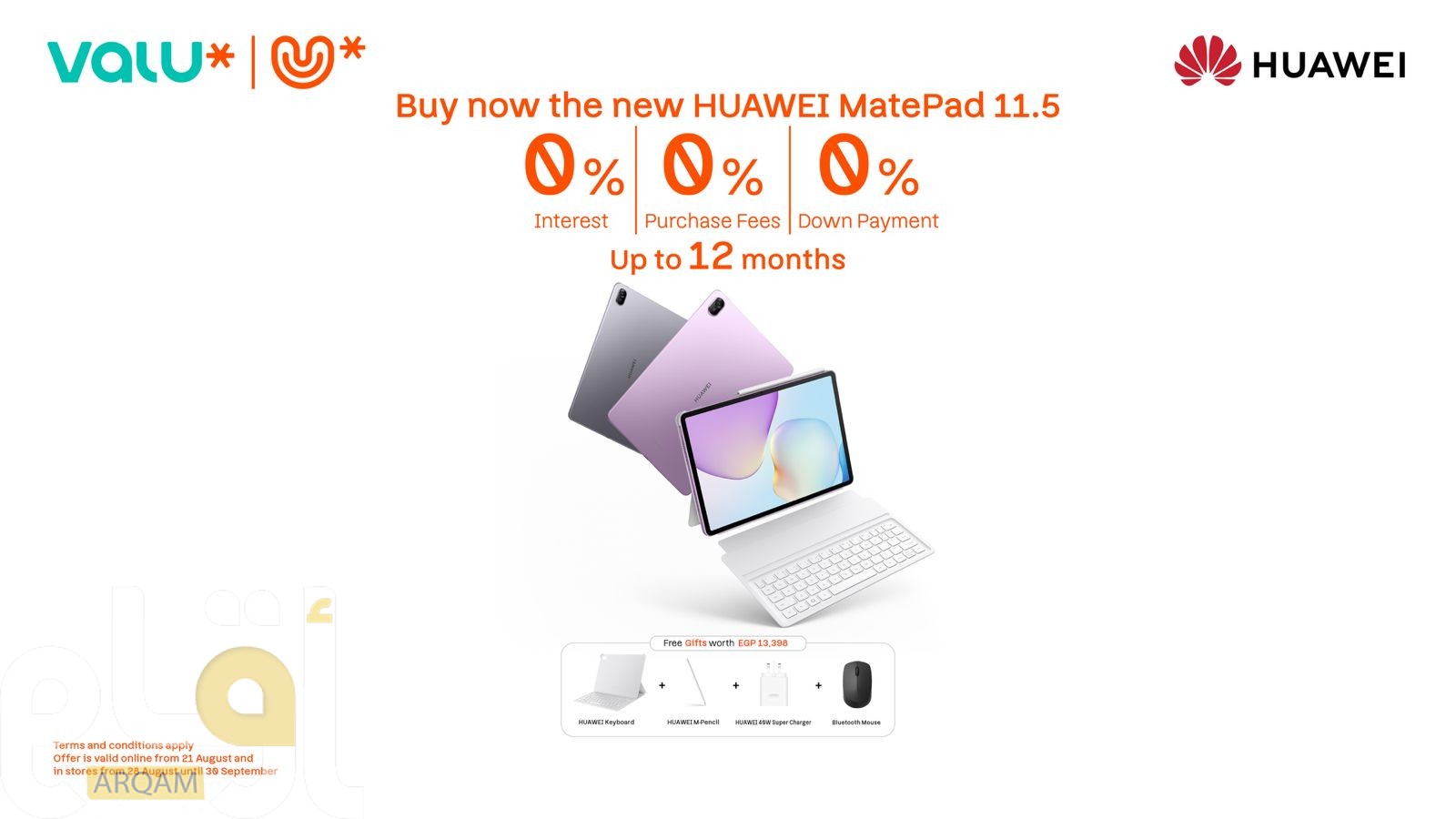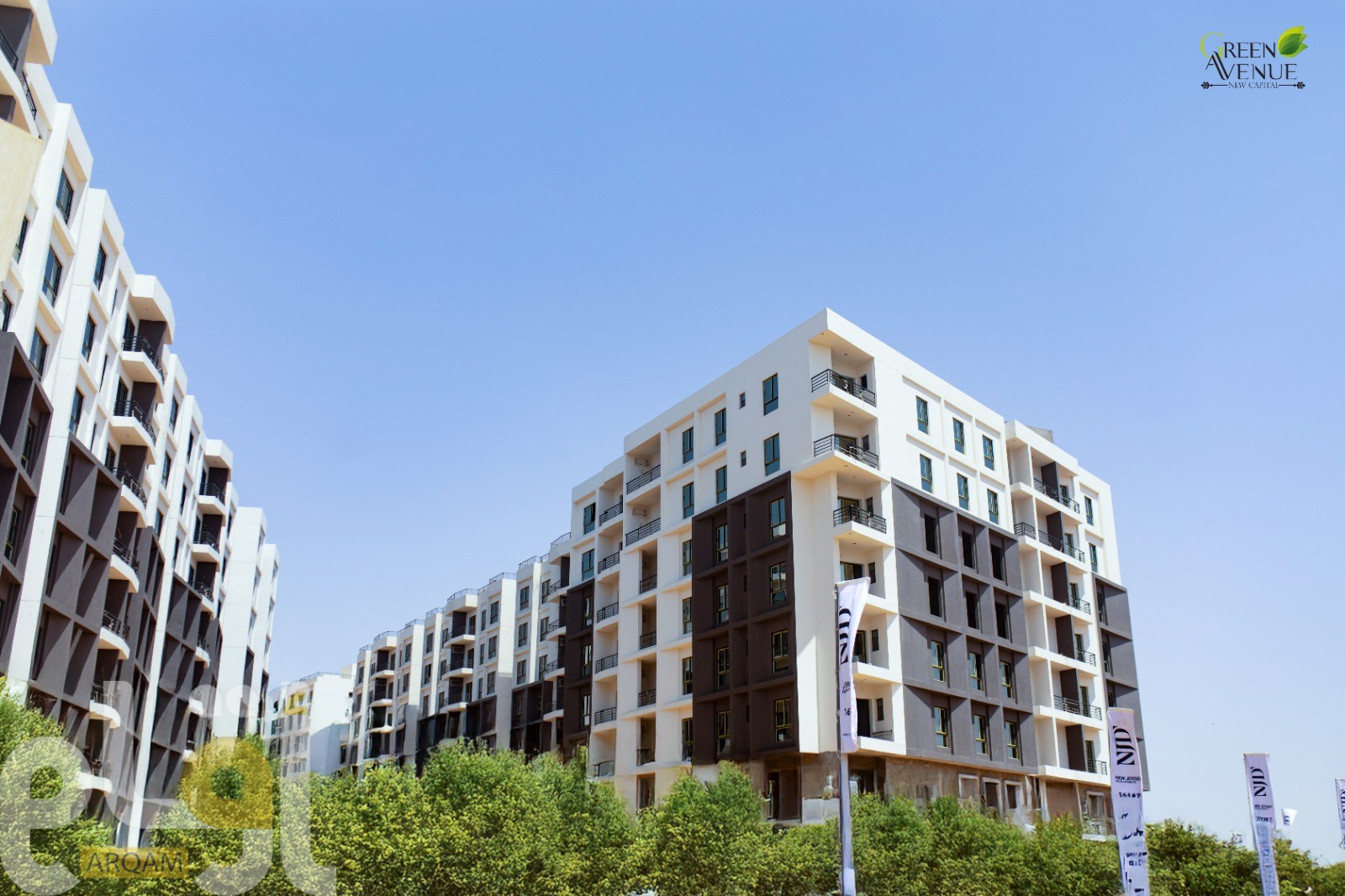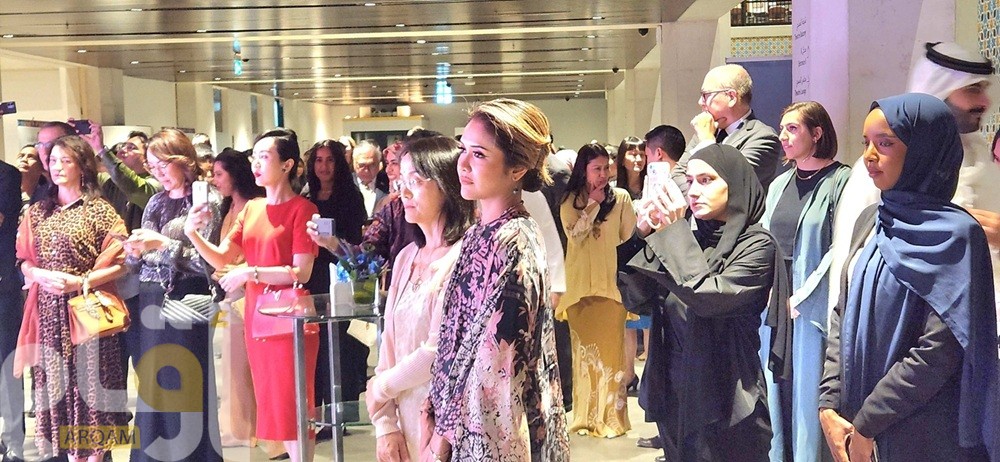Forbes Middle East has released its highly anticipated annual ranking of the region’s most powerful businesswomen, ranking leaders who are driving impact and transformation across industries for 2025. The selection process considered business size, individual achievements, leadership impact, and contributions to corporate social responsibility initiatives.
For the third year in a row, Hana Al Rostamani, Group CEO of First Abu Dhabi Bank—the U.A.E.’s largest bank in terms of assets—retains the top spot. She was also featured for the fourth time on Forbes’ list of the World’s Most Powerful Women 2024, securing the 60th position globally. In the first nine months of 2024, the bank recorded $3.5 billion in net profits and $334.8 billion in assets. Shaikha Khaled Al Bahar of NBK Group and Shaista Asif, cofounder and Group CEO of PureHealth Holding follow in second and third place, completing the top three.
The first seven spots in the top 10 have remained unchanged from 2024. Meanwhile, Tayba Al Hashemi of ADNOC Offshore, Alisha Moopen of Aster DM Healthcare GCC, and Suzanne Al Anani of Dubai Aviation Engineering Projects (DAEP) have all made their debut in the top 10. In total, 27 newcomers have joined the ranking this year.
The 2025 list showcases 100 business leaders from 32 different sectors and 29 nationalities, emphasizing the diverse talent propelling the region forward. The banking and financial services sector leads once again, accounting for 25 entries, followed by healthcare, and technology with nine each, and five in venture capital. Among the top 10 women, 40% are from the banking and financial services sector. Shaista Asif of PureHealth Holding, of Pakistani descent, and Indian national Alisha Moopen of Aster DM Healthcare GCC, are the only non-Arab senior leaders in the top 10.
The U.A.E. remains a dominant force, with 46 listees calling the country home, underscoring its role as a business hub. Egypt follows with 18 influential women, and Saudi Arabia claims nine entries. Among the most represented nationalities, Egyptians lead with 18, followed by 11 Emiratis and nine Lebanese.
Several leaders on the list prioritized launching initiatives aimed at upskilling the community and expanding opportunities. For example, Susana Rodriguez Puerta spearheaded the launch of the ‘sAIdaty’ initiative in collaboration with the Dubai Business Women Council, aimed at equipping 500 female council members in the U.A.E. with AI skills. For Lamia Tazi, SOTHEMA’s partnership in June with the Foundation for Research, Development, and Innovation in Science and Engineering played a key role in providing scholarships to PhD students from low-income families.
Top 10 Most Powerful Businesswomen In The Middle East 2025
- Hana Al Rostamani
Nationality: Emirati
Group CEO, First Abu Dhabi Bank (FAB)
- Shaikha Khaled Al Bahar
Nationality: Kuwaiti
Deputy Group CEO, National Bank of Kuwait Group (NBK Group)
- Shaista Asif
Nationality: Pakistani
Cofounder & Group CEO, PureHealth Holding
- Wadha Ahmed Al-Khateeb
Nationality: Kuwaiti
CEO, Kuwait National Petroleum Company (KNPC)
- Dana Nasser Al Sabah
Nationality: Kuwaiti
Group CEO, Kuwait Projects Company (Holding) – KIPCO
- Randa Sadik
Nationality: Jordanian
CEO, Arab Bank
- Sarah Al-Suhaimi
Nationality: Saudi
Chairperson, Saudi Tadawul Group
- Tayba Al Hashemi
NEWCOMER TO TOP 10
Nationality: Emirati
CEO, ADNOC Offshore
- Alisha Moopen
NEWCOMER TO TOP 10
Nationality: Indian
Managing Director & Group CEO, Aster DM Healthcare GCC
- Suzanne Al Anani
NEWCOMER TO TOP 10
Nationality: Emirati
CEO, Dubai Aviation Engineering Projects (DAEP)















